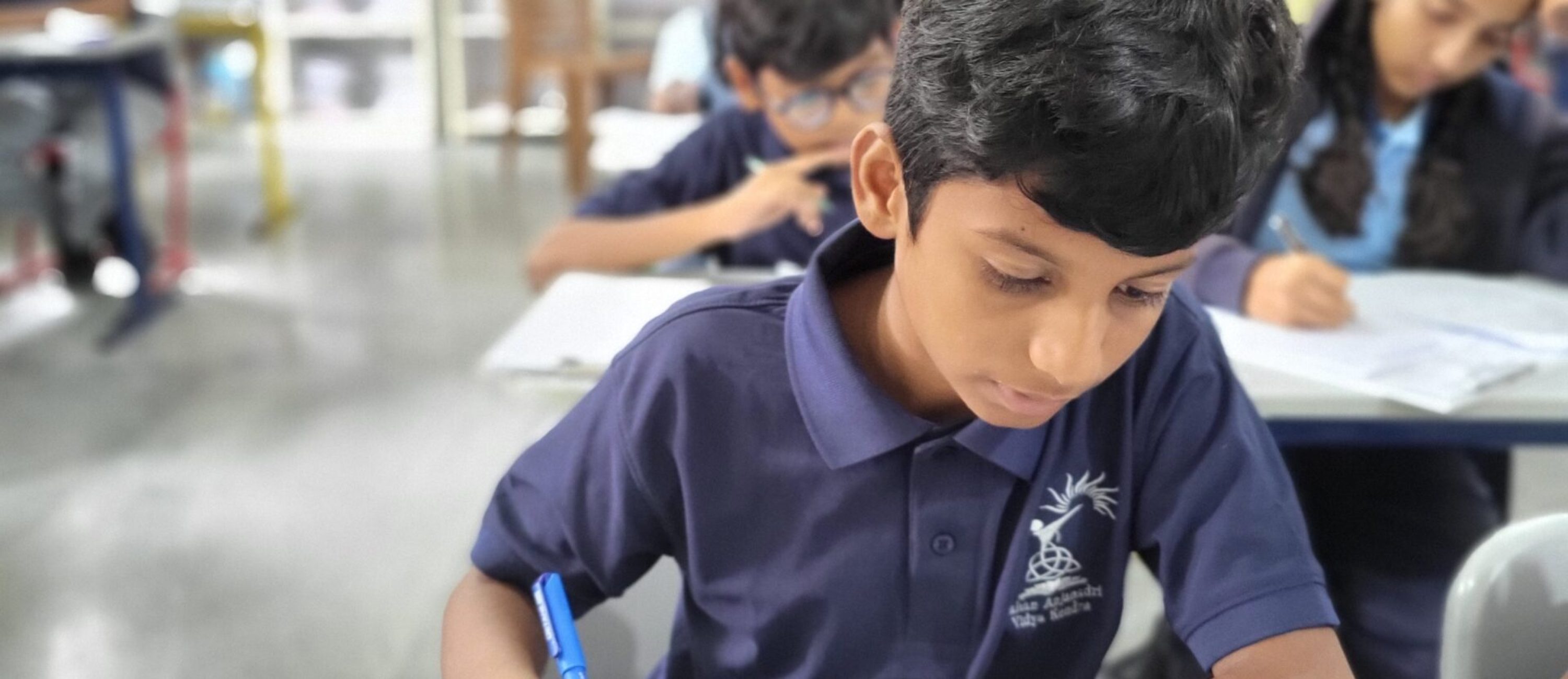
At Anjanadri, skills are integrated into the curriculum across various subjects, allowing students to develop a comprehensive skill set that prepares them for higher education and beyond. Middle school education focuses on a balanced approach that combines academic knowledge with practical skills and personal development.
Methodology & Curriculum
Anjanadri follows experiential learning & integrated learning, where students engage in hands-on activities, projects, and real-life experiences to deepen their understanding of concepts. This approach encourages students to connect their learning with practical applications, fostering analytical and practical skills. Integrated learning, where different subjects are interconnected to provide a comprehensive understanding. This interdisciplinary approach helps students see the connections between subjects and promotes a holistic understanding of concepts.
Methodology & Curriculum
Anjanadri follows experiential learning & integrated learning, where students engage in hands-on activities, projects, and real-life experiences to deepen their understanding of concepts. This approach encourages students to connect their learning with practical applications, fostering analytical and practical skills. Integrated learning, where different subjects are interconnected to provide a comprehensive understanding. This interdisciplinary approach helps students see the connections between subjects and promotes a holistic understanding of concepts.
Methodology & Curriculum
Anjanadri follows experiential learning & integrated learning, where students engage in hands-on activities, projects, and real-life experiences to deepen their understanding of concepts. This approach encourages students to connect their learning with practical applications, fostering analytical and practical skills. Integrated learning, where different subjects are interconnected to provide a comprehensive understanding. This interdisciplinary approach helps students see the connections between subjects and promotes a holistic understanding of concepts.
A transformative stage of learning that bridges foundational knowledge with critical thinking. The Middle School program (Grades 6–8) empowers students with academic rigor, emotional intelligence, and a growth mindset.
School: 9986573346 | 8028434669
PU College: 6364669666
Mon – Sat 9.00 AM – 4.00 PM
Copyright © 2025 Mahan Anjanadri Vidya Kendra | All rights reserved. Designed by The Social Cracker
WhatsApp us
Our early childhood program focuses on experiential learning through play, exploration, and structured activities that develop:
✔ Language and communication skills
✔ Early numeracy and logical thinking
✔ Motor skills and physical coordination
✔ Social, emotional, and creative expression